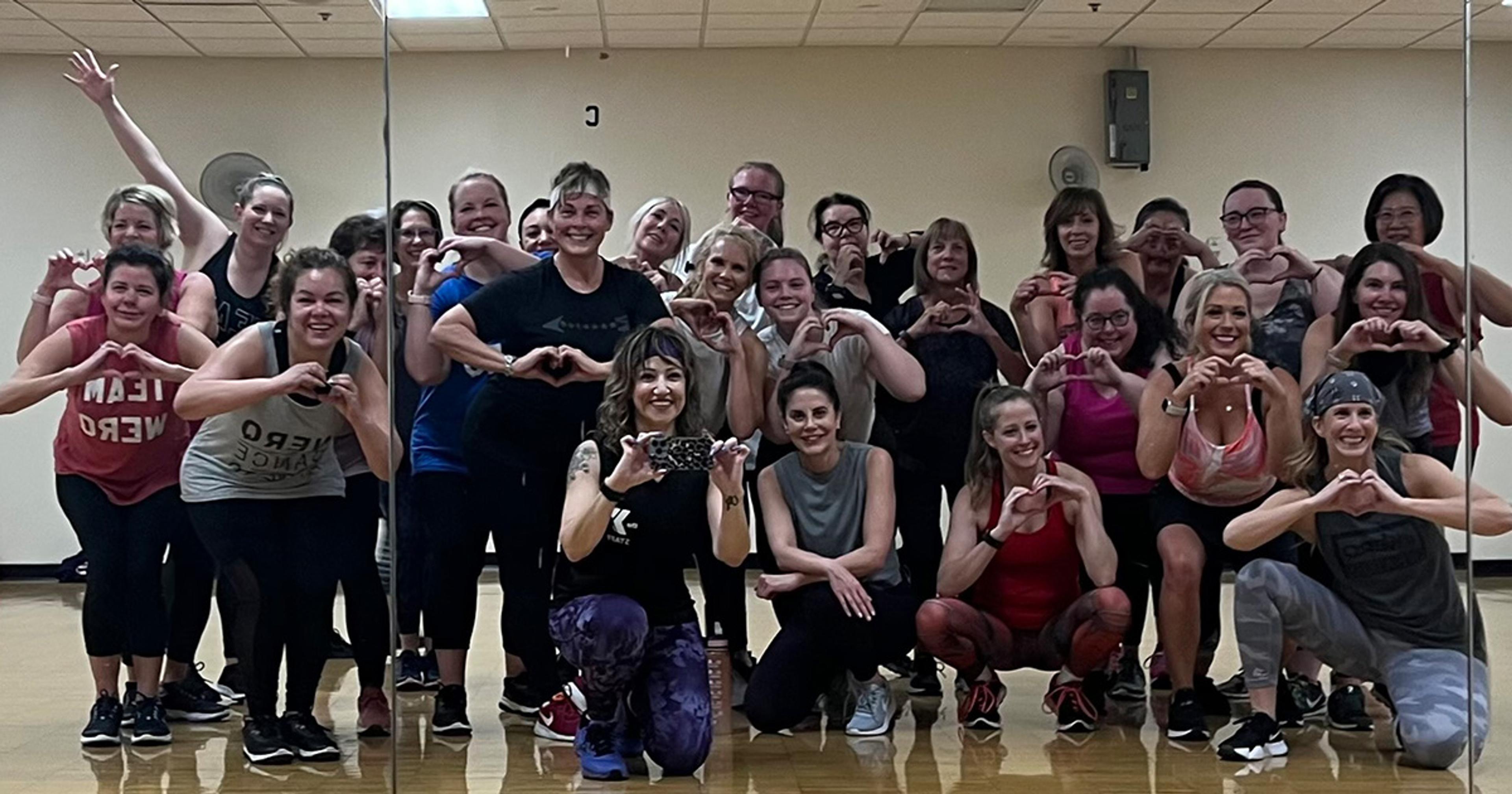Frequent Sitting May Do More Damage than Once Thought
Angela Jenkins
| 3 min read

Driving to work, sitting at a desk at least eight hours a day, driving home, making dinner and sitting more to watch television to unwind from the long day. Does this sound familiar to you? If so, it is literally killing you.
Think about it, our bodies were not made for sitting for long periods of time. Back in the day, people didn’t have television to distract them from being active. Now with TV and all the technology, we are facing an obesity epidemic. I do think that they are directly related because it takes time away from being physically active in some way or another.
Study This
There has been research done on too much sitting and a recent study shows that sitting at least 6 hours a day increases risk of death by 40%. Wow. Also, people who have jobs where they sit are 2 times more likely to develop cardiovascular disease than those who stand for a job. Here are some other amazing statistics:
- On average, we sit 9.3 hours a day.
Between 1980 and 2000:
- Exercise rates stayed the same
- Sitting time increased by 8%
- Obesity doubled
Also:
- Sitting burns almost no calories.
- After sitting for 2 hours, HDLs (good cholesterol) drop by 20%
- People who sit and watch TV for at least 3 hours a day are 64% more likely to die from heart disease
- Those who watch 6 hours or more of TV a day may be cutting 5 years off their lives, almost as much as lifelong smokers
- After the age of 25, every hour viewed on TV decreases a person’s life by 22 minutes
Get Up, Stand Up
I have television programs I like to watch – don’t get me wrong. I think it is a good way for people to unwind after a long day of thinking and focusing on work. There is, however, a fine line with watching one or two TV programs and watching them all night long. Keep these tips in mind:
- DVR your favorite TV shows and fast forward through the commercials so you aren’t sitting as long watching.
- Do some exercises during the commercials — sit ups, planks, push ups, squats, walking in place, jumping jacks, etc.
- Get all everything done on your to-do list before settling down to watch TV.
- Turn up the TV and do chores, cook dinner, etc.
Also, if you have kids, be sure that they limit TV, computer and video games to no more than 2 hours each day. We need to lead by example, so turn the TV off after dinner and do something physical with the kids. You are not only doing something great for yourself, but teaching your kids an important habit as well.
At Work
If you have a desk job, there isn’t much you can do about that. There are things you can do each hour to break up the monotonous sitting for eight hours a day:
- Stand up and stretch (it doesn’t have to take long, just to get the blood circulating).
- Stand up when on a phone call.
- Walk to a coworker’s desk instead of sending an email.
- Take an extra lap when getting up for the bathroom.
- Have a walking meeting with a coworker instead of sitting in a room.
- Schedule a break for 5 minutes every hour.
A little bit of movement and activity — like just getting up and moving around for a couple of minutes — can really make a big difference in the way you feel. This can help with productivity at work as well, providing you with the necessary break your brain and body need.
What are some tips you have to avoid sitting for long periods of time?
Resources: NY Times; Mashable Photo credit: naraekim0801





